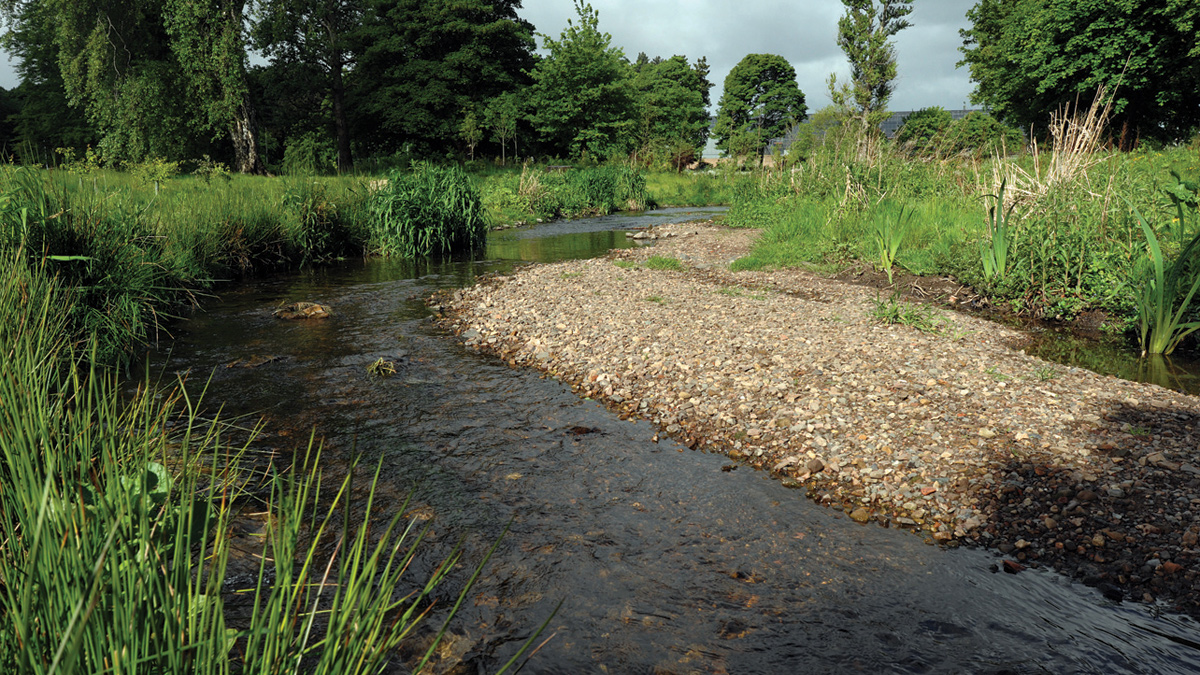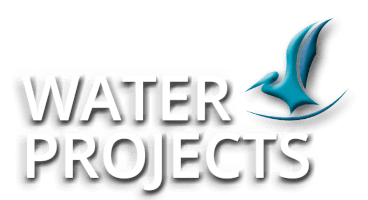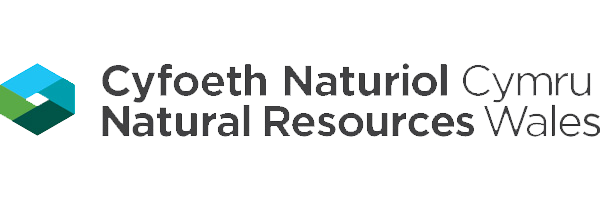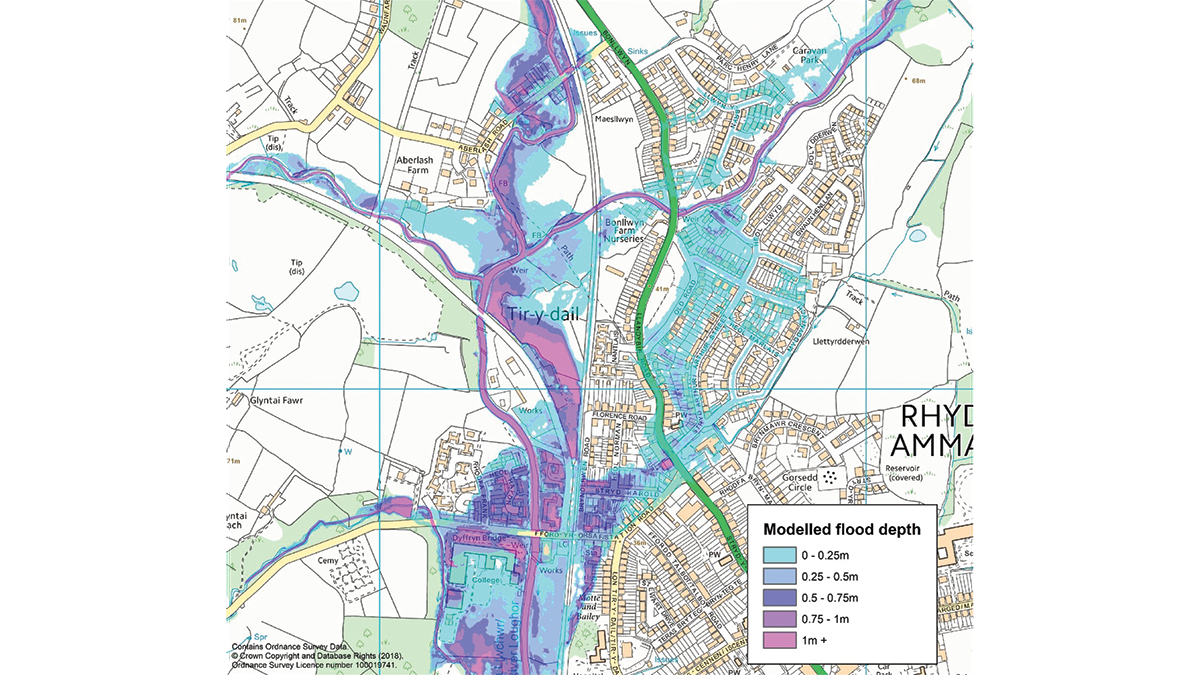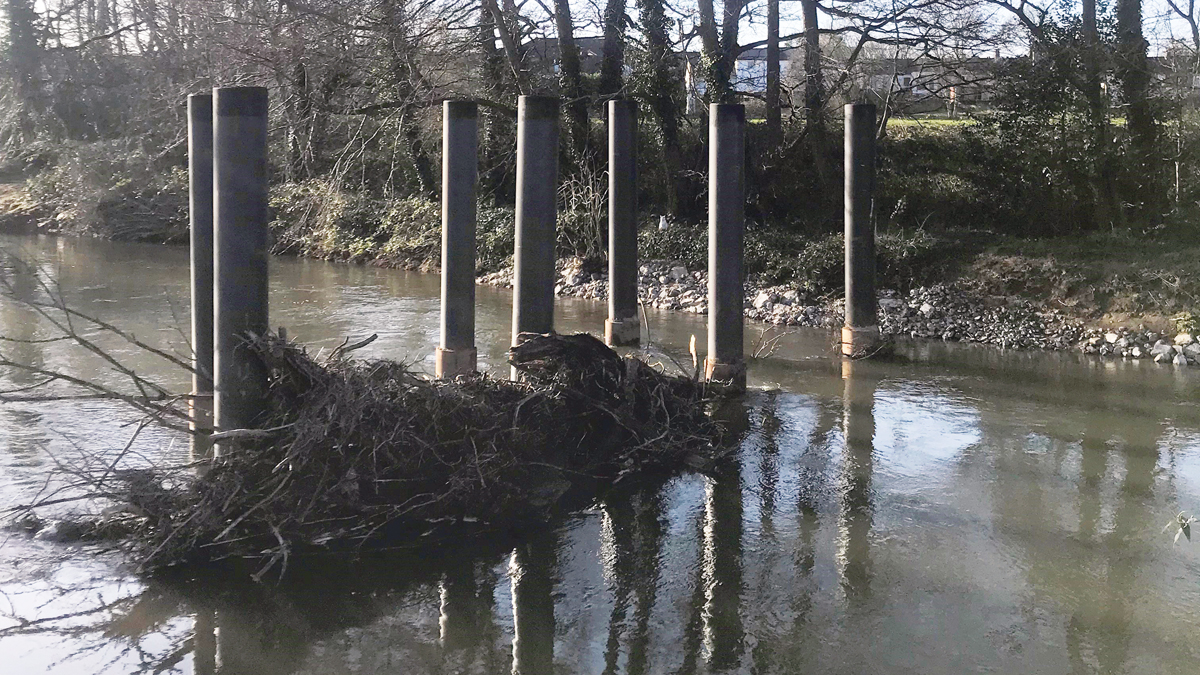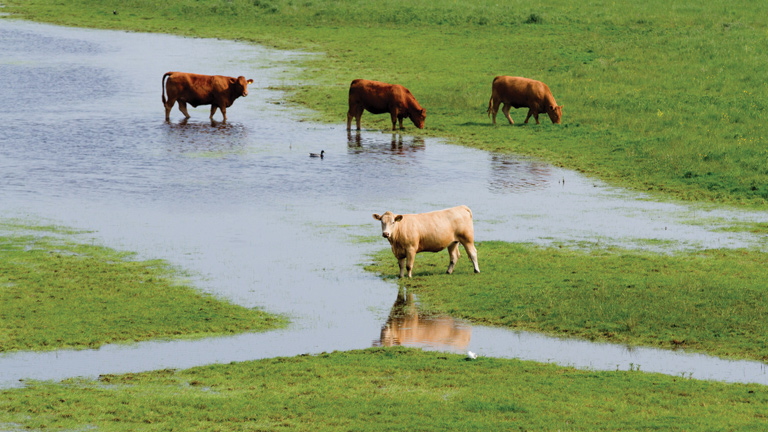Natural Resources Wales
NRW’s purpose is to ‘pursue sustainable management of natural resources’ and ‘apply the principles of sustainable management of natural resources’ as stated in the Environment (Wales) Act 2016.
Water: NRW are working to ensure that water companies, farmers and industry do not take too much water from the environment through a permitting system, by regulating existing licences and, where appropriate, granting new ones. This work will ensure sustainable water levels in rivers, lakes and marshes, improving wildlife habitats and protecting endangered species. It will also ensure that water is available to supply the growing population and economy.
NRW need to balance the water needs of the environment, society and the economy, both now and in the future. There are a number of challenges which have an impact on water resources and the ways these are managed including population growth, an increased demand for water and climate change.
NRW has a duty to take action, where necessary, to conserve, redistribute and augment water resources and to secure their proper use. This is done by entering into operating agreements with water companies (these are often referred to as Section 20 agreements). NRW have six reservoir operating agreements with Dŵr Cymru Welsh Water. These cover the Dee, Dwyfor, Aled, Clwyd, Tywi and Wye rivers.
Metal Mines: The Metal Mine Strategy for Wales identified the 50 abandoned metal mines causing the greatest impact on rivers in Wales by the potential ease with which remediation works could be completed. NRW have since carried out extensive investigations and feasibility studies to help us further prioritise and deal with the most polluting mines, including an assessment of their impact in over 90 waterbodies across Wales for the WFD.
